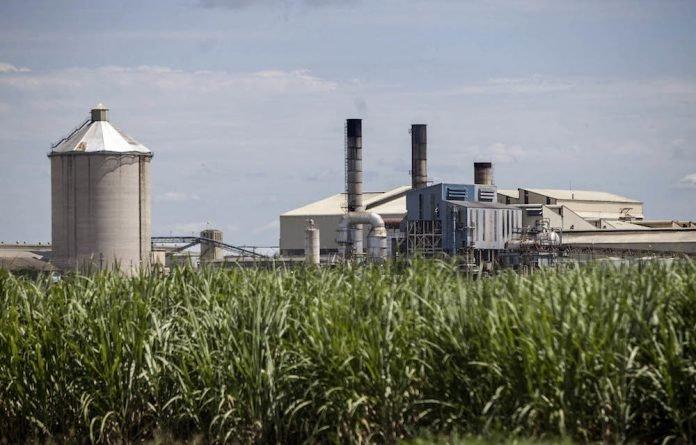Africa-Press – Eswatini. That is the story of one of the country’s main manufacturers, The Fridge Factory, that is taking advantage of the African Continental Free Trade Area (AfCFTA). In the past week, Minister of Commerce, Industry and Trade Manqoba Khumalo toured Palfridge Limited, which is trading as The Fridge Factory in Matsapha. The Fridge Factory manufactures refrigerators and distributes them in South Africa, Nigeria and Zambia, to name a few. The company has 500 employees and produces at least 10 000 refrigerators monthly. Minister Khumalo told this publication that the tour was prompted by the coming into effect of AfCFTA. AfCFTA is simply a free trade area founded in 2018, with trade commencing as of January 1 last year. It was created by the African Continental Free Trade Agreement among 54 of the 55 African Union nations that include Eswatini. The free trade area is the largest in the world in terms of the number of participating countries since the formation of the World Trade Organisation.
The agreement initially required members to remove tariffs from 90 per cent of goods, allowing free access to commodities, goods and services across the continent. The United Nations Economic Commission for Africa estimated that the agreement would boost intra-African trade by 52 per cent by this year. Interviewed after the tour, Minister Khumalo said The Fridge Factory was expanding their market into the rest of Africa and they had a need for government to assist them as they explored the new markets.
Growing
The minister said during the tour he discovered that the company’s business was growing faster they could cope and they needed government’s assistance in their growth plans. “We are excited about this prospect of growth and we feel adequately positioned to support them,” said the minister. Meanwhile, reports from across the African continent suggest that the Pan-African Payment and Settlement System (PAPSS) is the latest milestone for the African Continental Free Trade Area. The PAPSS was launched for commercial use on January 13 this year, following a successful operational pilot in six West African countries. PAPSS is the result of a joint initiative between the AfCFTA Secretariat, the African Export-Import Bank, and the African Union (AU), and is the latest step in operationalising the AfCFTA.
PAPSS is a financial platform that supports three core functions: instant payment, pre-funding, and net settlement. PAPSS is also helping to harmonise the legal and regulatory environment across the continent and support the larger AfCFTA objective of promoting intra-African trade. The platform works in conjunction with central banks to facilitate direct transactions among the more than 40 currencies used throughout the continent. In other words, PAPSS allows African currencies to be convertible within the continent without having to rely on intermediary currencies, like Dollars, Euros, or Pounds. Use of these third-party currencies generates not only significant time lags, but also substantial costs from the conversion process.
It is said that currency conversions cost Africa as much as US$5 billion (about E76.5 billion) annually according to Secretary General Wamkele Mene of the AfCFTA Secretariat. By removing the need for this process, PAPSS will allow those funds to remain within the continent. In the long-run, PAPSS could also substantially reduce dependence on external currencies, and the associated financial volatilities. Cross-border transactions such as remittance transfer by migrants within Africa and exchanges among small businesses should be easier, quicker, and cheaper. PAPSS is the latest milestone in the implementation of the AfCFTA ecosystem. A pan-African payment and settlement system is just one of the five key instruments supporting the AfCFTA. The other instruments include rules of origin to determine which products and services can be traded duty free; tariff concessions, beginning with 90 per cent liberalisation; an online monitoring mechanism to help eliminate non-tariff barriers; and the African Trade Observatory, a portal designed to help fill information and data gaps.
For More News And Analysis About Eswatini Follow Africa-Press







